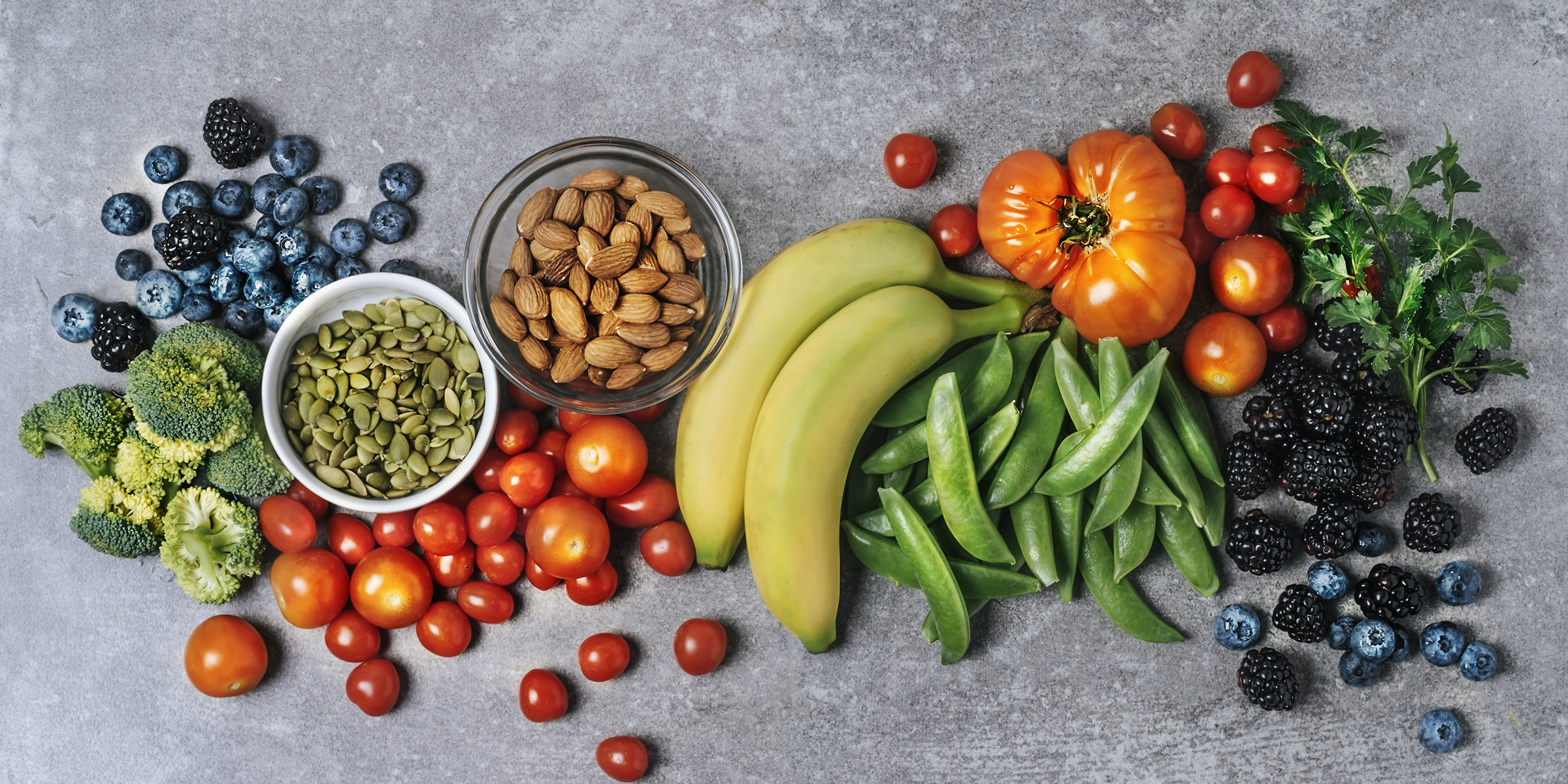
Maintaining a healthy diet is essential. An unhealthy diet can lead to serious health problems. Unfortunately, many people fail to follow a good diet plan. Nutrition is important for everyone, but it’s especially crucial for athletes who exercise often and put their muscles under stress. Chef’s and nutritionists like Javier Burillo have taken the time to plan and develop an appropriate diet that helps anyone achieve their fitness goals.
It is easy to forget how important it is for athletes, especially those who frequently exercise, to maintain a healthy diet. However, this is one of the most important parts of training. Without a proper diet, your performance will suffer dramatically. A balanced diet means getting the proper amount of protein, carbohydrates, fats, minerals, and water. This ensures that your body will function properly.
Here are some tips for maintaining a healthy diet:
– Eat carbohydrates, proteins, and fats in approximately the same amounts. For example, if you have a snack containing carbs, add a source of protein too. If you eat meat or dairy products, then add a serving of whole grains or veggies.
– Eat at least five servings of fruit and vegetables a day. These foods contain vitamins and minerals that you can’t get in any other way.
– Drink three liters of water every day, not including what you drink from other sources such as coffee, tea, or fruit juices. This is the minimum amount required to keep your body healthy. If you exercise, it would be wise to drink more than 3 liters a day.
– Eat a large breakfast that includes carbs and protein. This will give you energy for your morning workout. Try to avoid eating a lot of carbohydrates at dinner time, as this tends to make people feel sleepy.
– Find out how many calories your body needs each day to maintain your weight. If you want to gain weight, eat more than this amount. If you want to lose weight, decrease your intake of calories and increase your exercise routine.
– Make sure that at least 70% of the food you eat comes from healthy sources. This means that fried foods, candy, and other junk food should be eaten sparingly, if at all.
– Don’t skip meals. If you do, your blood sugar and insulin levels will drop, making it difficult for you to concentrate on your work or your training.
– Eliminate foods containing trans fat from your diet. Trans fat increases the amount of bad cholesterol in the bloodstream and is linked to heart disease.
– Don’t assume that you will receive the necessary nutrients by taking vitamin supplements. Supplements cannot replace a healthy diet. If you eat a varied diet with lots of fruits, vegetables, and whole grains, you probably don’t need to take supplements.
– Eat when you are hungry, but don’t go overboard. If your stomach is full, it will be difficult for your body to process the food efficiently. Additionally, eating too much in one sitting may result in poor digestion or stomach problems.
– Cut down on the amount of caffeine you consume to avoid dehydration and other negative side effects, such as headaches and muscle cramps. It’s easy to forget that caffeinated drinks should be included in your daily intake of water.
Leave a Reply